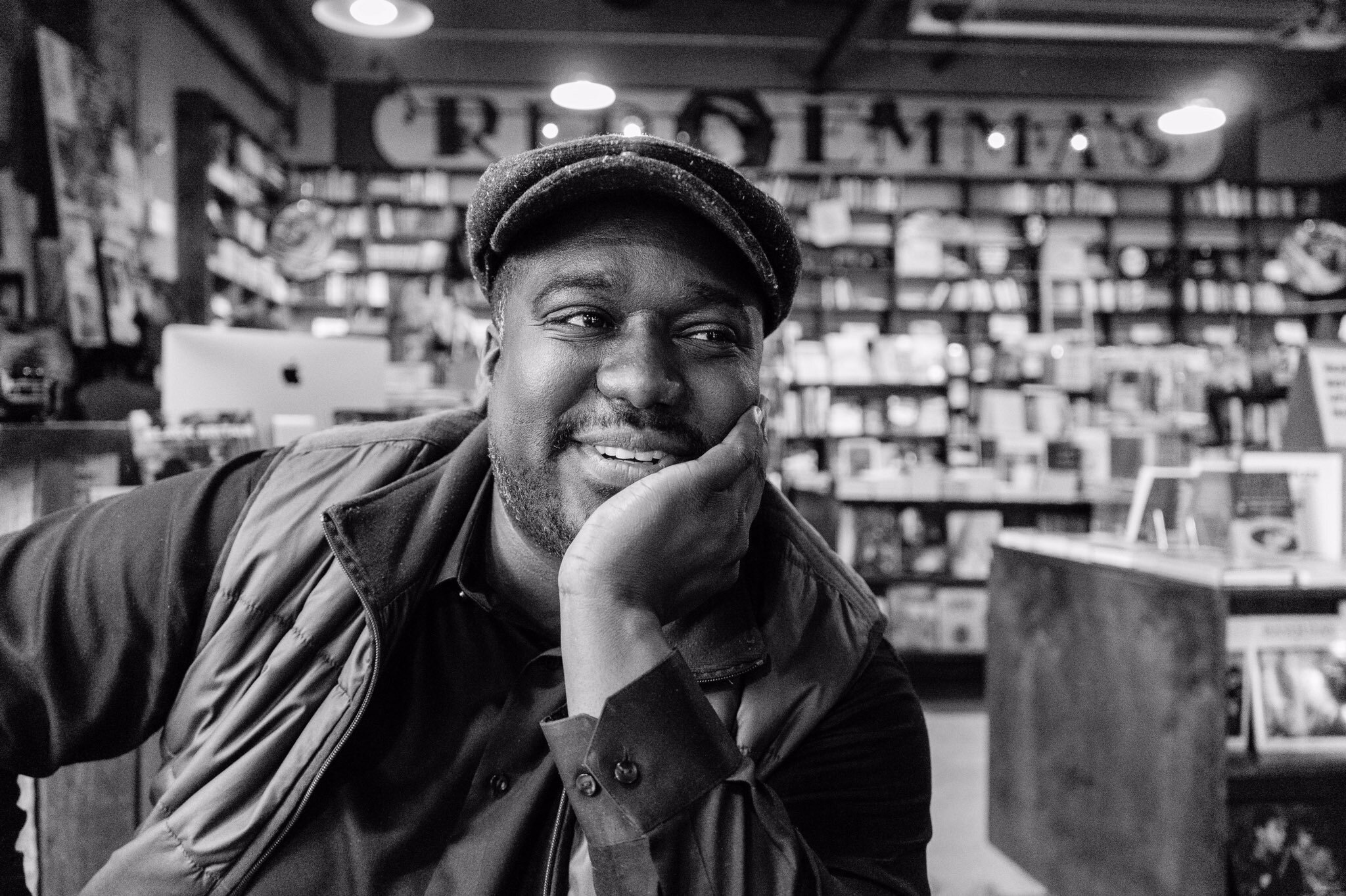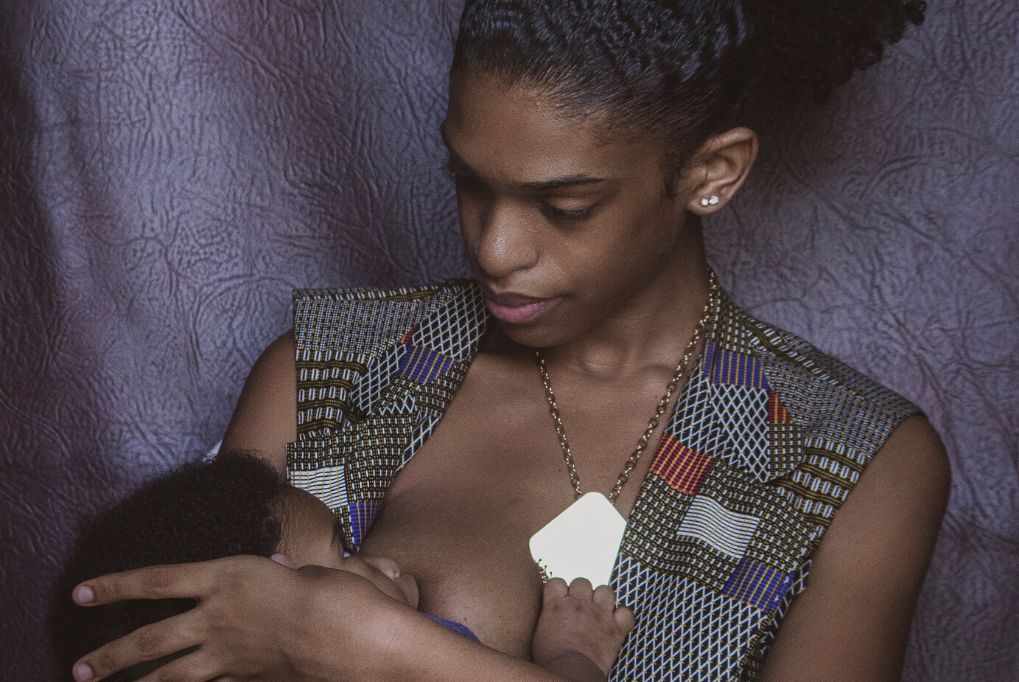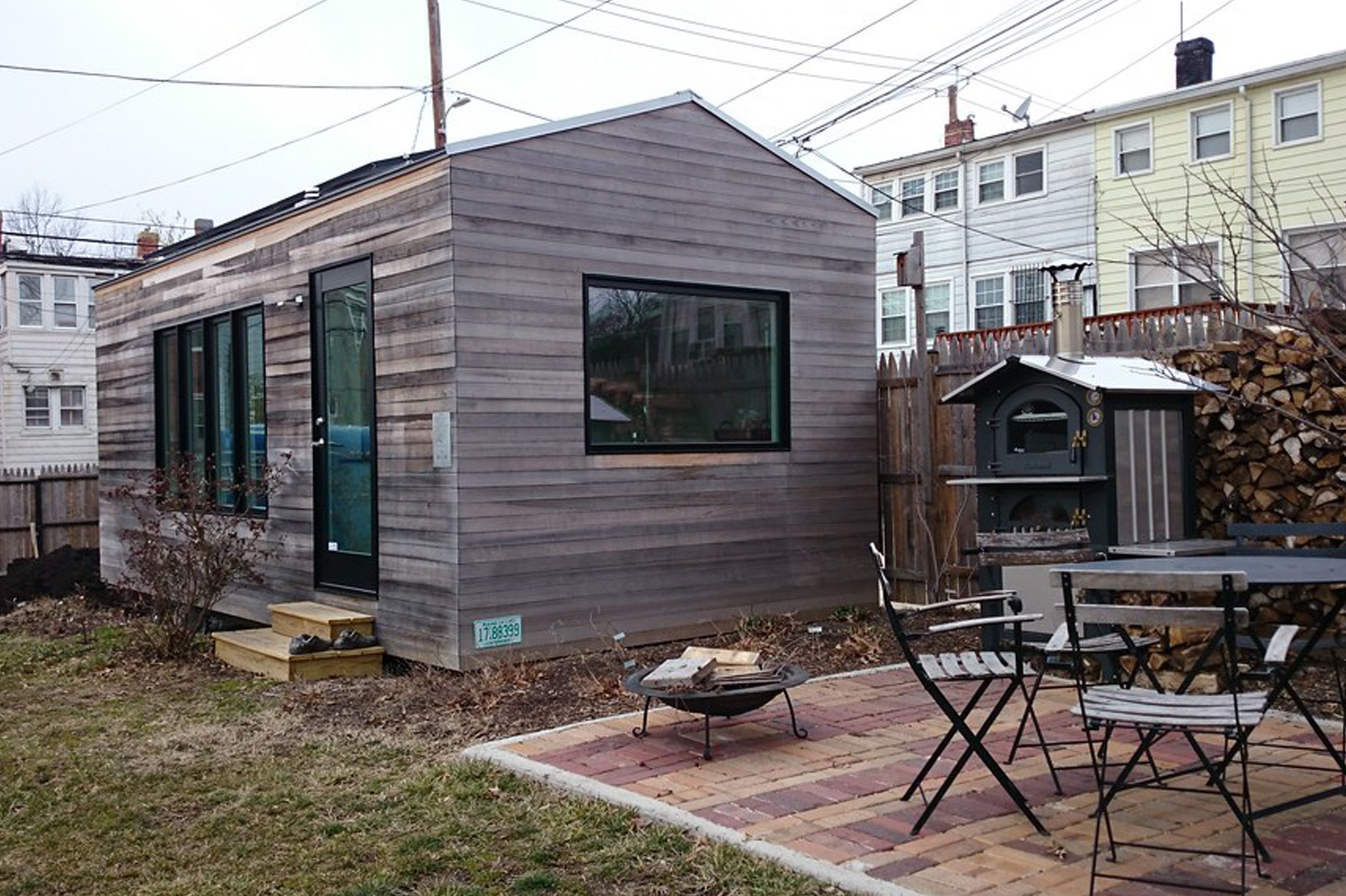Project Portfolio
CUHE serves as a collaborative partner, advocate and support for the local community. Our hope is that we all work together towards the common goal of achieving equity in the places that we live, work, learn, play and heal. Thus, we co-labor to build healthy, thriving and safe communities in places that have been redlined, sub primed, marginalized, stigmatized and ultimately ostracized.
Below are some of the initiatives and community based projects that CUHE has engaged in. These works include both faculty and community led research, programs and activities that bring together all of us-academia, community, government and private sector organizations in addressing issues that impact individuals, families and communities.

Black Butterfly Rising Initiative
Dominant media narratives and reductionistic research have neither depicted the rich context of beauty and potential nor historical trauma in redlined Black neighborhoods in Baltimore City. Sensing the need for an effective counter-narrative, Dr. Lawrence Brown coined the Black Butterfly as a racial geography in the spring of 2015—close to the time of the April 27 uprising after the death of Freddie Gray. Through Dr. Brown’s Black Butterfly research, he reveals that ongoing historical trauma caused by a combination of policies, practices, systems, and budgets is at the root of uprisings and crises in hypersegregated cities around the country. The Black Butterfly Rising Initiative will promote the Black Butterfly as: (1) a framework for shaping research and crafting art, (2) a counter-narrative and spatial geography for learning, and (3) an urban Afrofuturistic vision for place-making and designing healthy communities. You can take a deep dive into his research HERE.

Maternal Child Health (MCH) Family Health Equity Initiative
Morgan State’s Dr. Yvonne Bronner and Dr. Kesha Baptiste-Roberts seek to bring a focus to Maternal, child and Family health to the Center of Urban Health equity. The project aims to understand and positively influence the interrelated policies and systems that have a history of negatively impacting family health and, additionally, promote the development of 21st century MCH pipeline and leadership at our HBCU’s.

Toward a Culture of Wellness:
Transversal Engagement in Digital Humanities and Public Health
Led by Morgan State’s Inte’A DeShields, this study will collect stories about health and wellness from individuals and groups in the area. The immediate goal is to create a digital repository accessible to the public for inquiry and inspiration. The long-term goal is to provide a space for faculty, students, and neighbors to engage in innovative imaginings about life in the Black Butterfly. At the heart of this study is the desire to identify the language and culture of wellness from the voices of youth to inform public health initiatives and policies for them.

Adaptive Village Small Grants Program
This Program is a direct response to the 2020, Morgan State University and Family League of Baltimore Community Health Needs Assessment (CHNA) which provided an expanded assessment of the needs of the areas served by Family League. This small grants program aims to support and amplify innovative community-led projects that were discussed during the 2020 CHNA. Community organizations often work in silos, these silos lead to fragmentation, fragmentation leads to duplication, and duplication leads to wasted resources – time, talent, and treasure. Our mission is to end the fragmentation and duplication of programs, to learn from and about each other, and to be a resource for the Greater Baltimore community that seeks to find, fund, and partner with Black social change organizations.

Upcoming Projects
Center for Smart Tiny Homes (CSTH) Urban Planning Project
Morgan State School of Architecture and Planning, under the leadership of Dr. Mary Anne Akers, is conducting an extensive inventory of published research studies and case studies on the construction of tiny homes, housing needs of urban seniors, local policies that support or inhibit the development of tiny homes, and specialized home technologies for senior health and wellness. In addition, the Center will organize a Spring Forum that will gather community residents, non-profit organizations, construction companies, SMART technology sector, and gerontology researchers.

Safe and Secure Children Parent Leadership Program
The Family, Student, Teacher, and Academic Resilience (fSTAR), which is housed in the Morgan State School of Education and Urban Studies, seek an interdisciplinary approach, between Morgan State School of Community Health and Policy and School of Social Work, to address health and educational inequity through family engagement. This was developed under the leadership of Dr. David Satcher at Morehouse College of Medicine. The Safe and Secure Children (SSC) Parent Leadership Program is a community-based participatory research-informed, peer-led model for enhancing parental agency and leadership through positive child development and parent/caregiver well-being.

